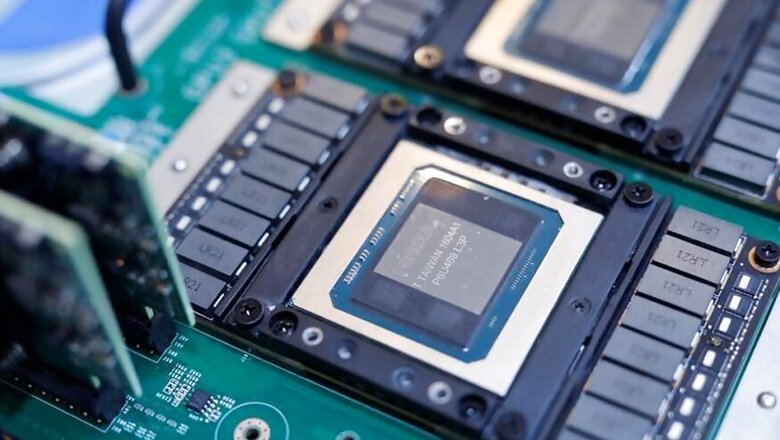
views
An international team, including Chinese researchers, has demonstrated a large-scale integrated quantum photonic circuit, which may pave the way for manufacturing massive components for the realization of an optical quantum computer, a new study revealed. According to a study released by the University of Bristol, Integrated Quantum Photonics allows the routing and control of single particles of light with intrinsically high stability and precision, however to date it has been limited to small-scale demonstrations in which only a small number of components are integrated on a chip.
Also Read: Facebook-Owned Onavo Launches App That Locks Other Apps
Scaling up these quantum circuits is of paramount importance to increasing the complexity and computational power of modern quantum information processing technologies, Xinhua reported. In this study, published in the journal Science, researchers managed to integrate in a single chip 550 optical components, allowing the integrated photonic chip to entangle photons to incredible levels of precision. The chip was realized using a scalable silicon photonics technology, similar to today's electronic circuits.
Also Read: Apple Sued Over Siri's Natural Language Capacities
"Our quantum chip allows us to reach unprecedented levels of precision and control of multidimensional entanglement, a key factor in many quantum information tasks of computing and communication," said lead author, Dr Jianwei Wang from the University of Bristol. The chipsets a new standard for complexity and precision of quantum photonics, with immediate applications for quantum technologies, according to the study.
"The development of powerful large-scale integrated photonic quantum chips will provide an efficient route to the future applications in the fields of quantum communication, quantum computing and many others," said Qihuang Gong, the lead academic from Peking University.
WATCH VIDEO: Samsung Galaxy S9, S9+ First Impressions Review: Best Android Flagships of 2018?




















Comments
0 comment